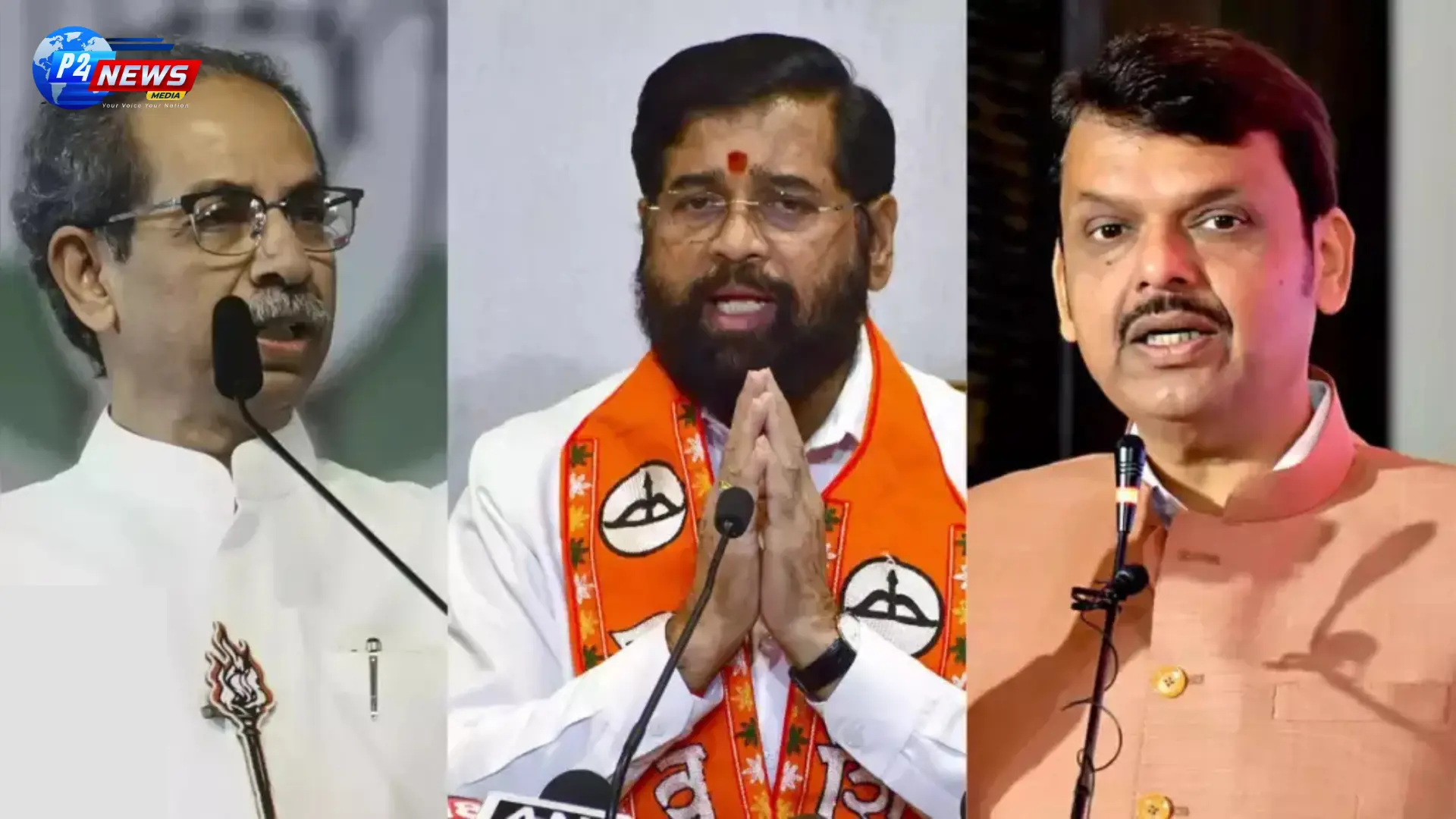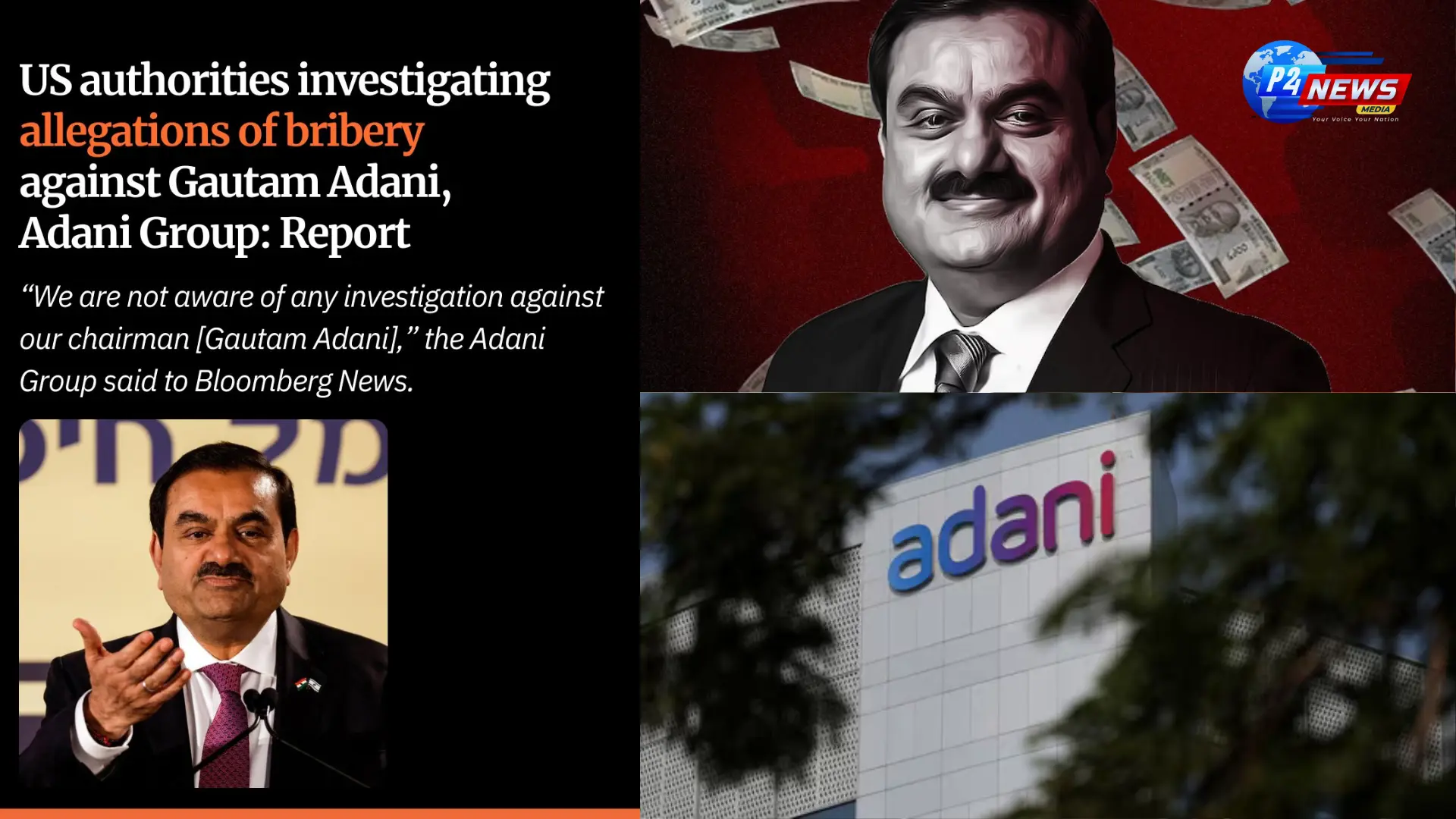As the Maharashtra assembly elections approach, both ruling and opposition coalitions are vying for power. The race for the chief minister's post has sparked a debate among various factions within each camp, with each group making claims about their suitability for leadership. With the voting completed, the results are anticipated, and the dynamics of alliances are taking center stage in this high-stakes political drama. Major players from both Mahayuti and Maha Vikas Aghadi are asserting their positions, creating an intriguing scenario ahead of the vote counting on November 23.
As the dust settles on the recent assembly elections in Maharashtra, the political landscape remains charged with uncertainty regarding who will take the helm of the government. The contest for the chief minister's role has led to notable divisions within both the ruling Mahayuti alliance and the opposition Maha Vikas Aghadi (MVA). With the electoral process now concluded, the stage is set for intense negotiations among coalition partners as they vie for leadership posturing.
The situation has become increasingly complex, with claims of favoritism and leadership rights echoing from both sides. Following the conclusion of voting for the 288-member assembly on Wednesday, representatives from both alliances have been vocal about their interpretations of the electoral mandate. Congress state president Nana Patole has confidently asserted that the MVA will form the next government, emphasizing that his party will secure the largest share of seats.
This assertion, however, has not gone unchallenged. Sanjay Raut, a prominent leader from Shiv Sena (UBT), pushed back against Patole's declaration, insisting that the decision regarding the chief ministerial candidate will be a collective one, reached by all alliance members only after securing a majority.
Meanwhile, the atmosphere among the Mahayuti coalition, which includes the BJP, Shiv Sena, and NCP, is equally charged. Shiv Sena MLA Sanjay Shirsat has expressed firm confidence that Chief Minister Eknath Shinde's candidacy is the rightful choice, suggesting that the electorate has endorsed his leadership through their votes. On the other hand, BJP figures like Pravin Darekar have promoted Deputy Chief Minister Devendra Fadnavis as their preferred candidate for the chief minister role, creating further potential rifts in the ruling coalition.
In the midst of these discussions, NCP's Amol Mitkari has also positioned his party's chief, Ajit Pawar, as a strong contender for the chief minister position. Such cross-claims among coalition affiliates highlight the intricate web of alliances and rivalries that characterize Maharashtra's political arena.
This election cycle has certainly been marked by intense competition and strategic maneuvering, as both Mahayuti and MVA express optimism about their chances of government formation. Despite most exit polls predicting a victory for Mahayuti, the MVA remains hopeful, and the dynamics could shift dramatically once the votes are officially tallied on November 23.
As the clock ticks down to the results, all eyes are on how these powerful factions will navigate their internal disagreements and the public's expectations for leadership. The outcome not only determines the next chief minister but also shapes the future of governance in Maharashtra.
Each party's leadership is likely weighing their options closely. With the stakes this high, the results will undoubtedly set the course for Maharashtra politics in the coming years. The coming days will be crucial for both alliances as they prepare for the potential reshuffling of power and influence within the state’s political hierarchy.
Ultimately, this election is not merely about choosing a chief minister; it's emblematic of broader political trends and societal shifts within Maharashtra, reflecting the aspirations and challenges faced by its populace today.
















Comments 0